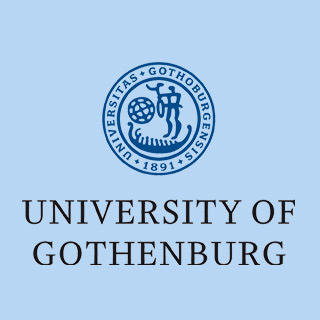
A study from Sahgrenska Academy claims to have found a new disorder connected to heart problems. It seems to come from a genetic fault in the protein glycogenin. Disturbance of this protein’s role could result in cardiac arrest, which is precisely what occurred with the young man whose case activated the examination at Sahlgrenska University Hospital that resulted in a brand new diagnosis.
The study mentions as to how a young man experienced a cardiac arrest but survived owing to the effective work of the ambulance paramedics. A study at Sahlgrenska University Hospital led to the detection of not only a new disorder but also how a fault in the protein glycogenin could result in an energy crisis in the muscle cells.
This protein’s job is to begin the upsurge of glycogen that appears to contain muscle cells’ carbohydrate reserves. The glycogenin apparently begins the definite procedure by constructing a small chain of around ten sugar molecules, which could then be developed into glycogen with the aid of other enzymes. During powerful muscular work, the sugar molecules in the glycogen are seemingly applied to create energy.
Anders Oldfors, who headed up the research team and is a professor at the Sahlgrenska Academy and consultant at Sahlgrenska University Hospital, commented, “The disorder is characterised by an inability to form the initial chain of sugar molecules. This leads to a shortage of glycogen and an energy crisis in the muscle cells that can result in cardiac arrest.â€
The study also appears to disclose how muscle cells that have an acute congenital defect may adjust and discover other ways of sourcing energy, while it may not be adequate in all circumstances.
The Oldfors quoted, “We’re hoping that our continued research in the field will provide answers to how the change in the glycogenin causes an inability to start accumulating carbohydrates in the muscle cells.â€
Clinically, the finding denotes that this disorder ought to be deemed as a diagnosis while examining heart problems. For patients, a proper diagnosis means that there could be a defensive treatment obtainable, although no cure is currently available. Since the cause of the disorder could be a genetic defect, it is anticipated that in the future, patients may receive a customized treatment, or gene therapy, for it.
The study was published in New England Journal of Medicine.
